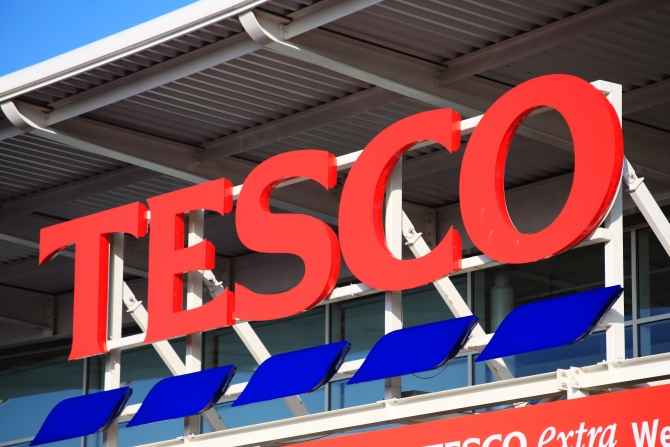With the Christmas trading period over, retailers will be turning their minds to the coming year and the ways in which they can best profit from the economic upturn. For Tesco, however, the question is not how to boost profits further but how to prevent a further slip into the financial doldrums – with the announcement of 43 store closures, indicating just how radical the action required to improve the fortunes of the supermarket brand has become.

Tesco has not yet revealed which stores in its 3,300 strong estate will be closed, but has confirmed that a “significant proportion” will be loss making branches of its convenience network, Tesco Express. It has also made the decision to shelve the openings of 49 new Tesco Extra stores, indicating that its future policy when it comes to property will centre round quality as opposed to quantity.
The supermarket giant has also announced the upcoming closure of its current headquarters in Cheshunt, Hertfordshire as a means of cutting costs further. Instead, it will base operations at its site in Welwyn Garden City, also in Hertfordshire, and at present has declined to specify whether job losses will be a factor in this move.
Chief executive Dave Lewis claims that the recent decisions are a sign that the brand is “facing the reality of the situation” and “seeing the benefits of listening to our customers.” He also refused to blame previous Tesco management teams for the situation the group now finds itself in, choosing instead to focus on the future of the business.
He continued; “I am very conscious that the consequences of these changes are significant for all stakeholders in our business but we are facing the reality of the situation.
“Our recent performance gives us confidence that when we pull together and put the customer first we can deliver the right results.
“I am not a Tesco historian – I am looking at the business that we have today.”
The recent performance cited by Mr Lewis certainly seems to indicate that the changes already implemented by Tesco under its turnaround programme are beginning to have an effect. During the Christmas trading period, sales fell by only 0.3 per cent and, when fuel sales were included, rose by 0.1 per cent.
This meant that comparable sales in the three months to the end of December fell by only 2.9 per cent, a much better performance than the previous quarter’s 5.4 per cent sales plunge. The six week period over Christmas also saw an almost 13 per cent rise in grocery shopping revenues when compared to the same period last year, and a 50 per cent jump in online clothing sales.
Director of retail consultancy Retail Vision John Ibbitson says; “Finally, we are witnessing the beginning of the Tesco fight back.
“Previous management lacked the bottle to do what needed to be done – Lewis, it would seem, has bottle aplenty.
“He has taken some tough decisions.”
Previous Post
Triple Asset Sale nets British Land £220m